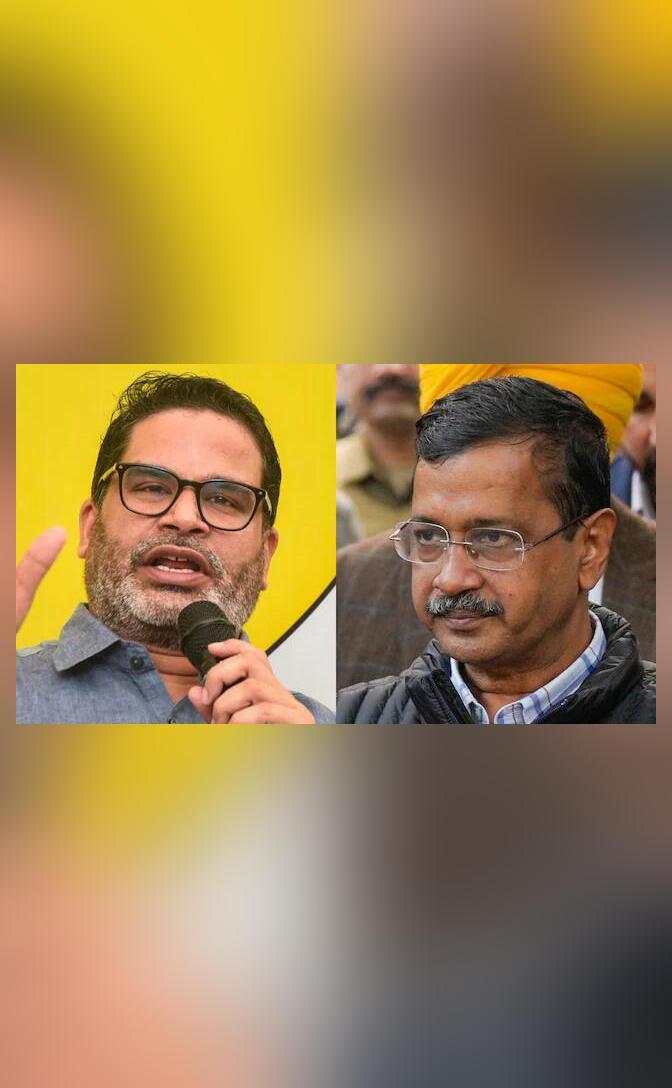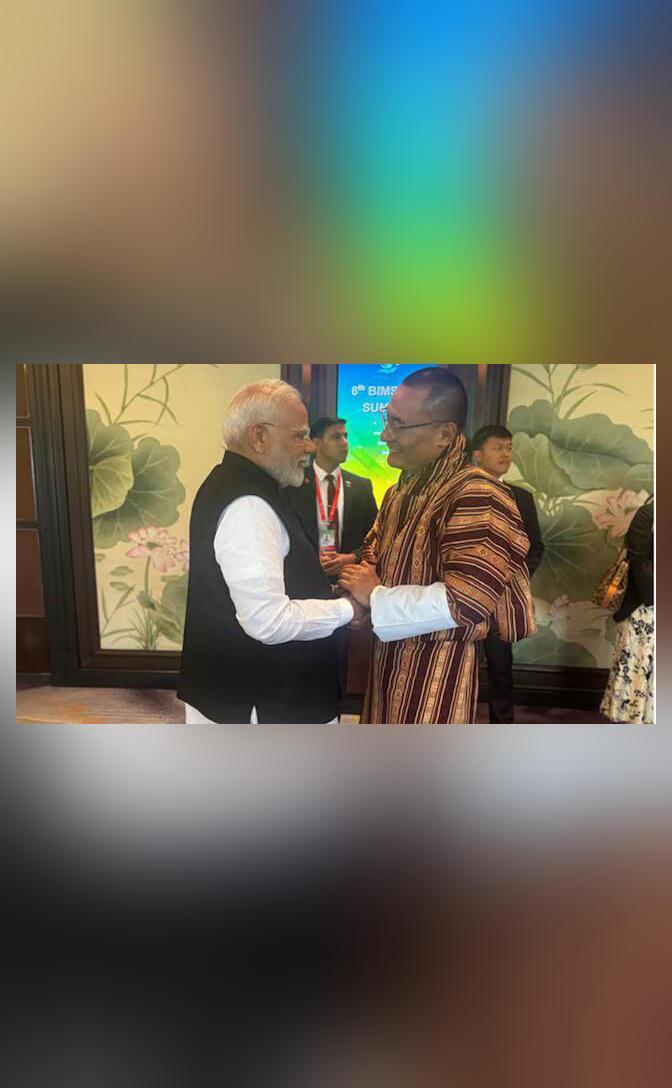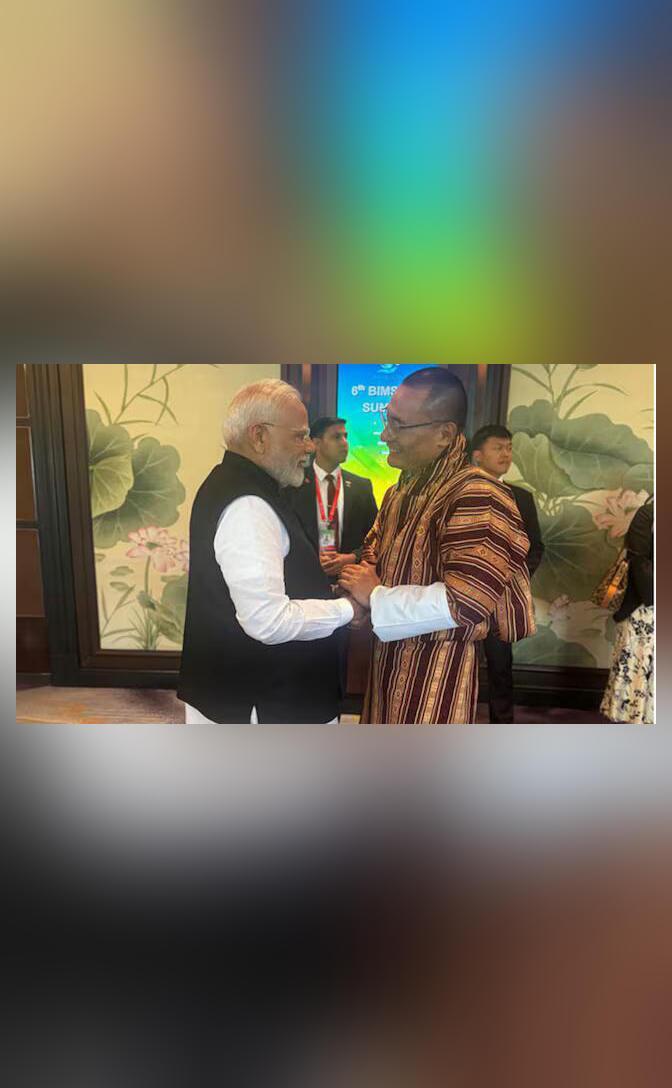
Prashant Kishor Lists Reasons Why Kejriwal & AAP Lost in Delhi Elections
The recent Delhi Assembly elections saw a major upset, with the Aam Aadmi Party (AAP) losing power to the BJP. AAP’s Arvind Kejriwal, who was the Chief Minister of Delhi, was one of the key figures behind the party’s campaign. However, according to Prashant Kishor, a politician and former political strategist, Kejriwal’s decision to resign as Delhi CM after being granted bail in the liquor policy case was a “big strategic mistake” that contributed to the party’s defeat.
In an interview with News18, Kishor listed several reasons why Kejriwal and AAP lost the Delhi elections. One of the main reasons, according to Kishor, was the 10-year anti-incumbency factor that was working against AAP. He said that AAP had been in power in Delhi for 10 years and had not been able to deliver on all its promises, leading to a sense of fatigue among voters.
Kishor also pointed out that Kejriwal’s fluctuating stance on joining and exiting the INDI Alliance hurt his credibility. He said that Kejriwal had initially announced that AAP would join the INDI Alliance, but later backed out, which led to confusion among voters.
Another reason for AAP’s defeat, according to Kishor, was the party’s inability to reach out to the middle class. He said that AAP had traditionally been a party that appealed to the lower and middle classes, but in recent years, it had not been able to connect with the middle class.
Kishor also criticized AAP’s decision to focus solely on the issues of corruption and the CBI, which he said was not resonating with voters. He said that AAP had been focusing too much on these issues and not enough on other important issues such as education and healthcare.
Additionally, Kishor pointed out that AAP’s candidate selection process was flawed. He said that the party had not been able to select the right candidates, which had hurt its chances in the elections.
Finally, Kishor said that AAP’s campaign strategy was not effective. He said that the party had not been able to connect with voters through its campaign and had not been able to present itself as a viable alternative to the BJP.
In conclusion, Prashant Kishor’s analysis of the reasons behind AAP’s defeat in the Delhi elections provides valuable insights into the party’s mistakes and what it needs to do to regain power. By addressing these issues, AAP can improve its chances of winning future elections.






